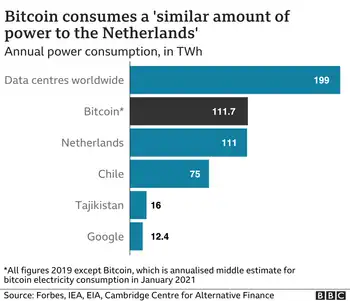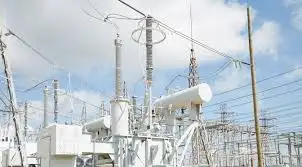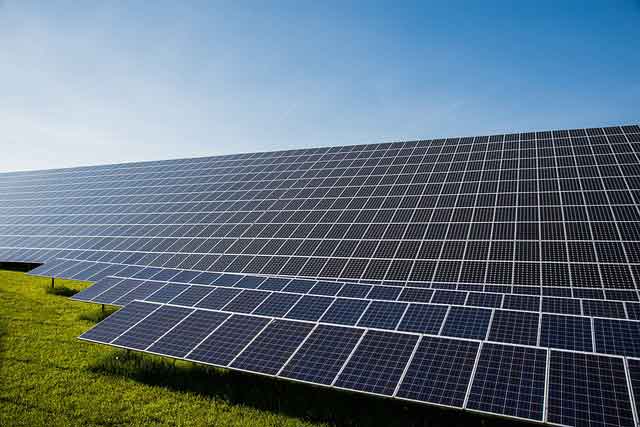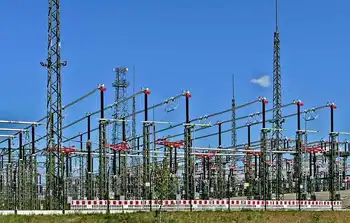Yukon encourages green energy generation
The territorial government announced a draft "net-metering" policy that would allow people who generate their own electricity from renewable sources to add their surplus energy to the grid.
Those who do contribute surplus electricity would get a credit that can be used when their own energy supplies fall short and they need to plug into the grid.
Manon Moreau, a senior planner with the territorial Energy, Mines and resources Department, said the program will encourage people to consider "looking at more renewable energy, looking at diversifying our electricity supply."
Moreau said the details need to be worked out with power companies and the Yukon Utilities Board before the policy comes into effect.
But Randy Clarkson, who has been working on small-scale energy projects for the past two decades, said the Yukon government's program won't really benefit Yukoners.
"The problem with putting up your own windmill or your own solar power is that you have to buy some fairly expensive electronics to interlock with the utility," Clarkson said.
"You would also find that the cost of generating power on a small scale like that is more expensive than what you could buy from the utility."
Yukoner Peter Becker said he has been interested in generating green energy at home, but he can't do it without some financial incentives.
"If you have solar panels, if you have a small wind plant, you don't burden society with huge ecological costs, as it happens with diesel generation, as it happens with hydro projects," Becker said.
Related News

Jolting the brain's circuits with electricity is moving from radical to almost mainstream therapy
SAN FRANCISCO - In June 2015, biology professor Colleen Hanlon went to a conference on drug dependence. As she met other researchers and wandered around a glitzy Phoenix resort’s conference rooms to learn about the latest work on therapies for drug and alcohol use disorders, she realized that out of the 730 posters, there were only two on brain stimulation as a potential treatment for addiction — both from her own lab at Wake Forest School of Medicine.
Just four years later, she would lead 76 researchers on four continents in writing a consensus article about brain stimulation as an innovative…





